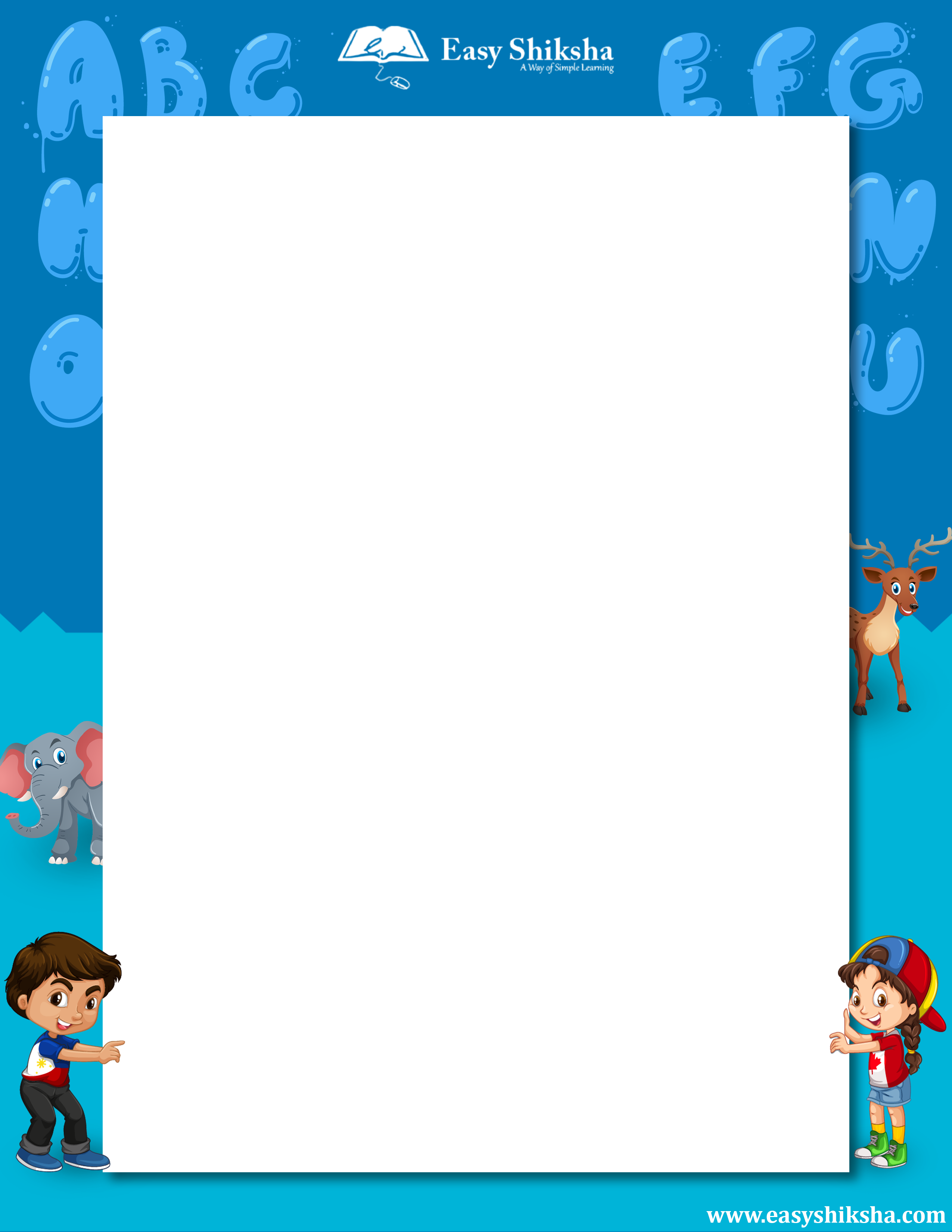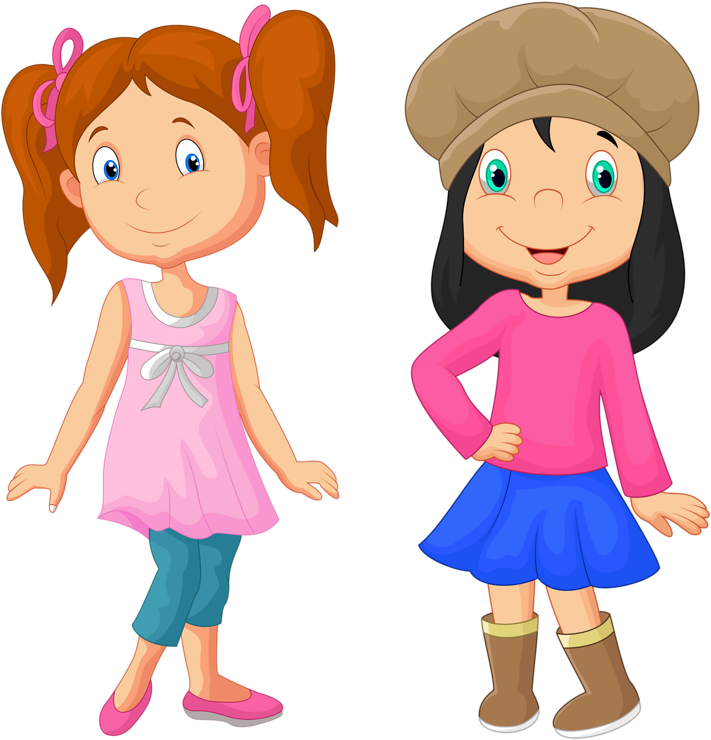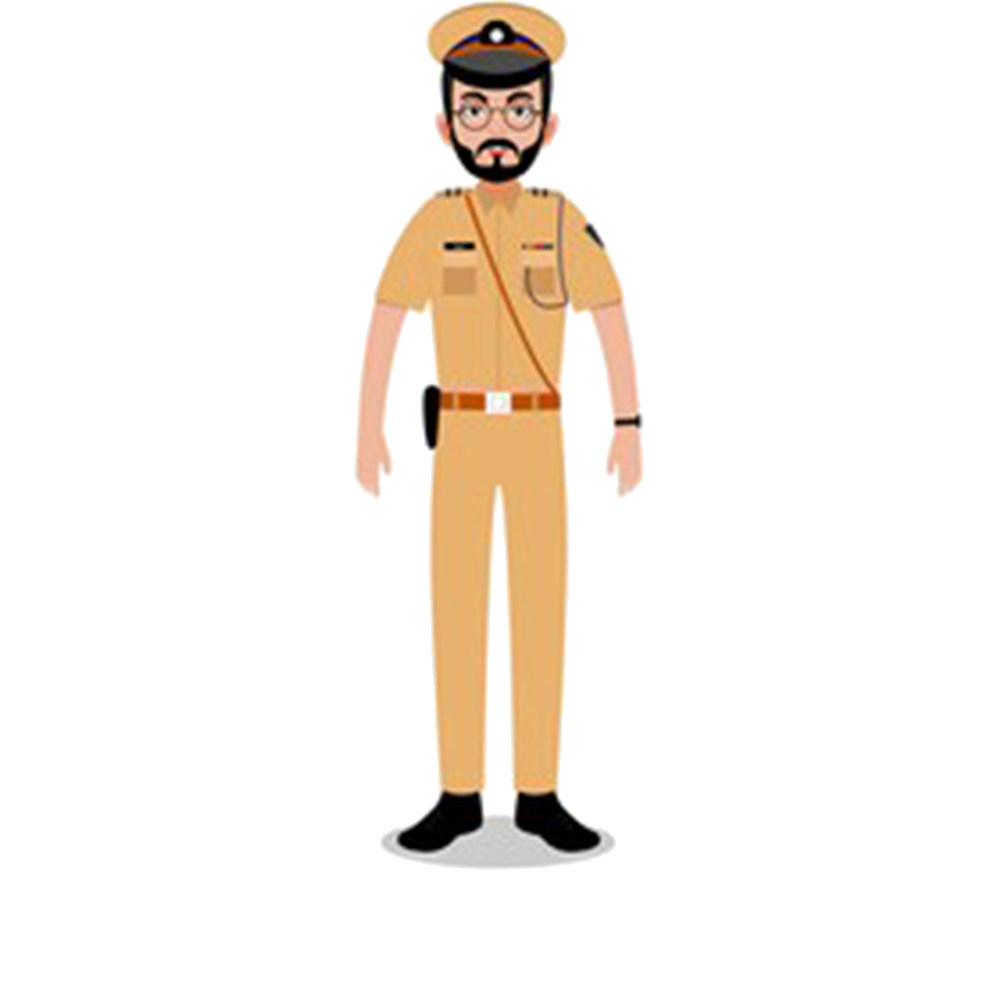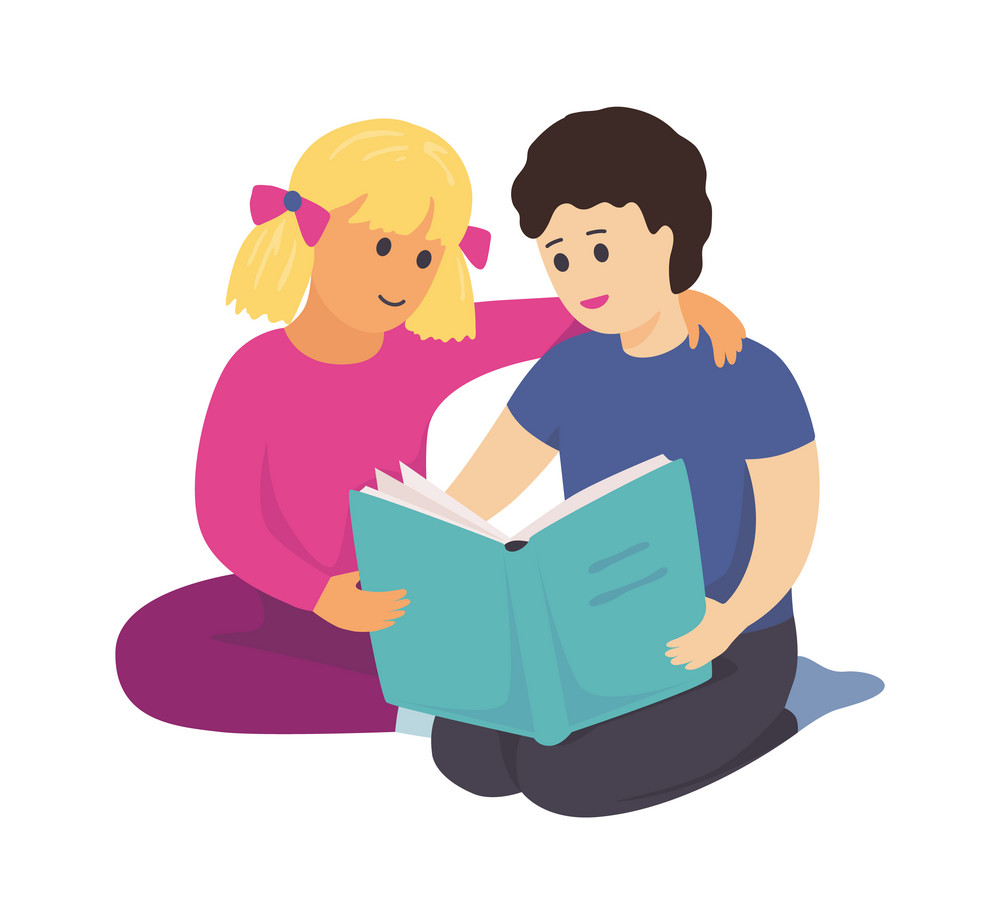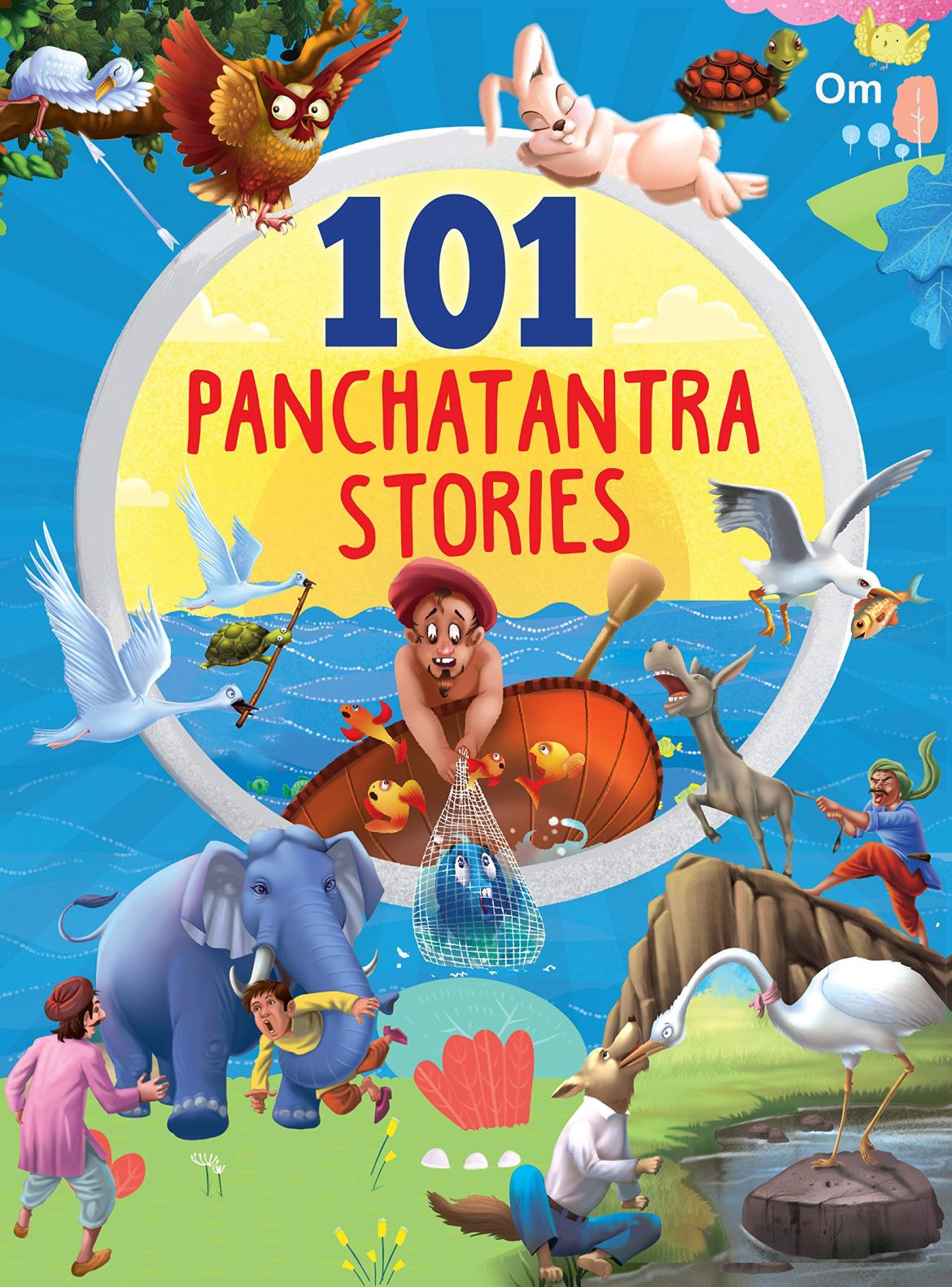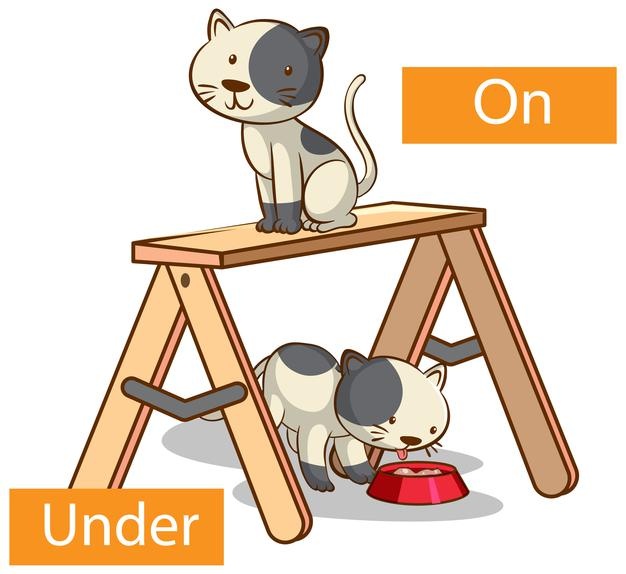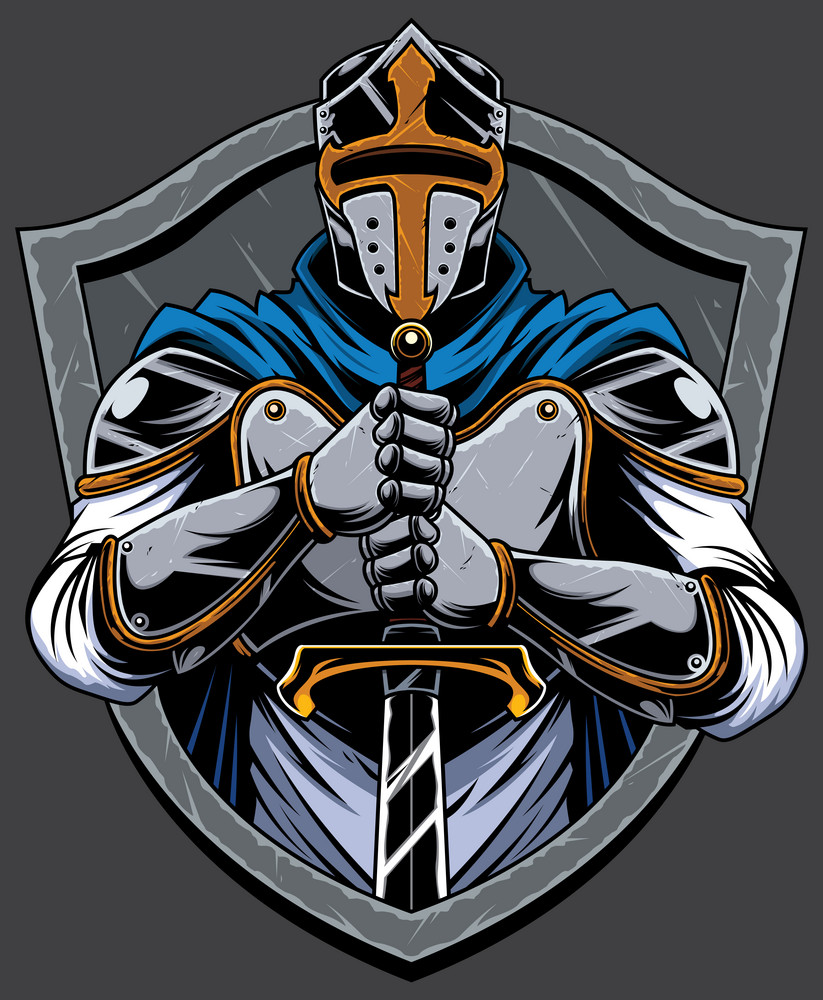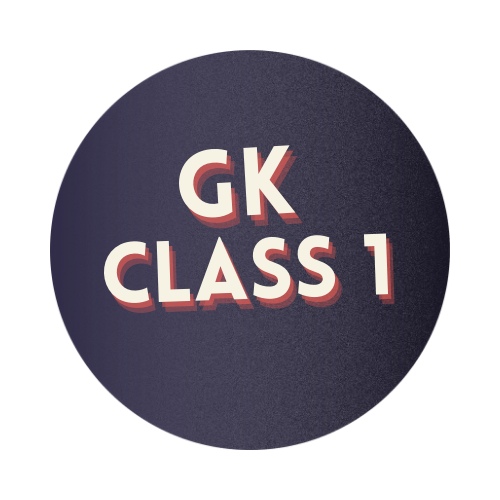English Noun Worksheet 1 For Class 1
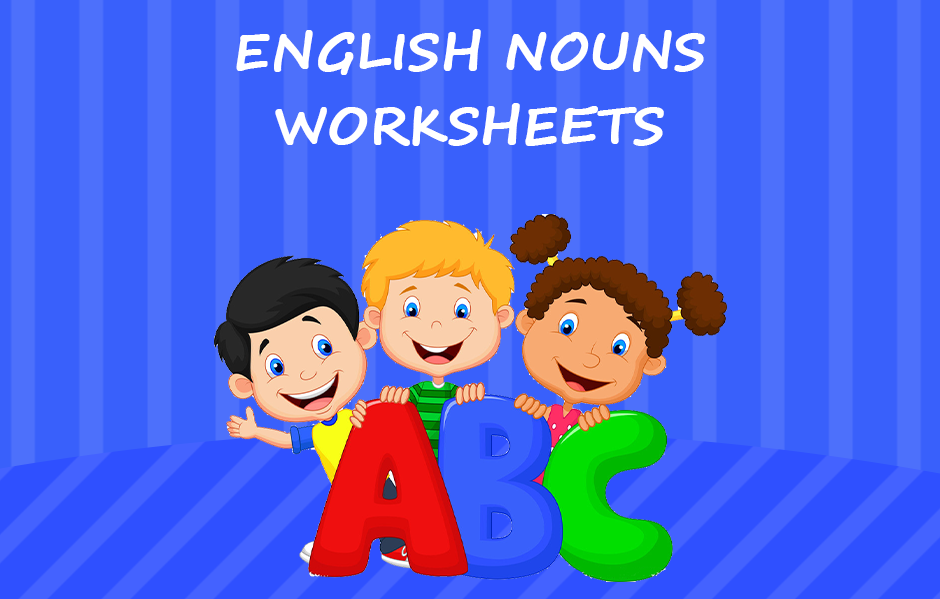

Introduction:
A noun is the word that functions as the name of a specific object or set of objects, such as living creatures, places, actions, qualities, states of existence, ideas etc. However, nouns are not a semantic category to be studied , so they cannot be characterised in terms of their meaning. Basically they are the words that give a name to people, places , animals or things, though they can also refer to ideas and other abstract objects.
What are Nouns?
Nouns are everywhere in every possible sentence . A noun is a word that gives name to something, such as a person, place, thing, or idea. In a sentence, nouns can play the vital role of subject, direct object, indirect object, subject complement, object complement, appositive, or adjective.
Essential Meaning of noun : Basically it is a word that is the name of something it may be a person, animal, place, thing, quality, idea, or action and is typically used in a sentence as subject or object of a verb .
There are several different types of nouns, as stated below.
1. Common noun
A common noun is a noun that refers to a person or thing in general, e.g. boy, country, bridge, flower, game, city, birth, day, happiness etc.
2. Proper noun
A proper noun is a name that identifies a particular person, place, or a thing, e.g. Marry, London, rose Sunday etc. In written English, proper nouns always begin with capital letters. A proper noun names specific or unique individuals, events, or places, and may include real or fictional characters. They may also be referred to as proper names of naming specific things .
3. Concrete noun
A concrete noun is a noun which refers to a person and to things that exist physically and can be seen, touched, smelled, heard, or tasted. Examples include dogs, buildings, coffee, trees, beaches, and tunes.
4. Abstract noun
An abstract noun is a noun which refers to ideas, qualities, thoughts and conditions – things that cannot be seen or touched and things which have no physical existence, e.g. truth, danger, happiness, friendship, humour.
5. Collective nouns
Collective nouns refer to a group of people or things, e.g. audience, family, government, jury. In American English, most collective nouns are treated as singular, with a singular verb.
6. Countable and uncountable nouns
Nouns can be either countable or uncountable. Countable nouns (or count nouns) are something that can be counted. Uncountable nouns (or mass nouns) do not typically refer to things that cannot be counted and so they do not regularly have a plural form.
7. Compound Nouns
A compound noun contains two or more words that are joined together to make a single noun. A compound noun combines two or more words written as one. Compound nouns may appear as a single word, multiple words used separately, or words connected by hyphens. such as softball and toothpaste, six-pack and father-in-law .
8. Singular Nouns
A singular noun is a noun that refers to one person, place, animal or thing.
9. Plural Nouns
A plural noun is a noun that refers to more than one person, place or thing. Many singular nouns just need an S added at the end to make them plural like bee becomes bees . For some nouns that already end with an S, you may need to add -es to the end this time to make their plural forms example classes . Some singular nouns also change spelling when made plural, for example countries and babies.
10. Material Nouns
Material nouns generally refer to materials or substances from which things are made. Consider the word “cotton.” Cotton is an adjective when used in making “cotton dress.” However, cotton is a material noun when used to describe the crop that is used to make fabric.
Instructions to solve the worksheet
Based on your reading and understanding of the text Identify the correct noun in the question by looking at the pictures .




















